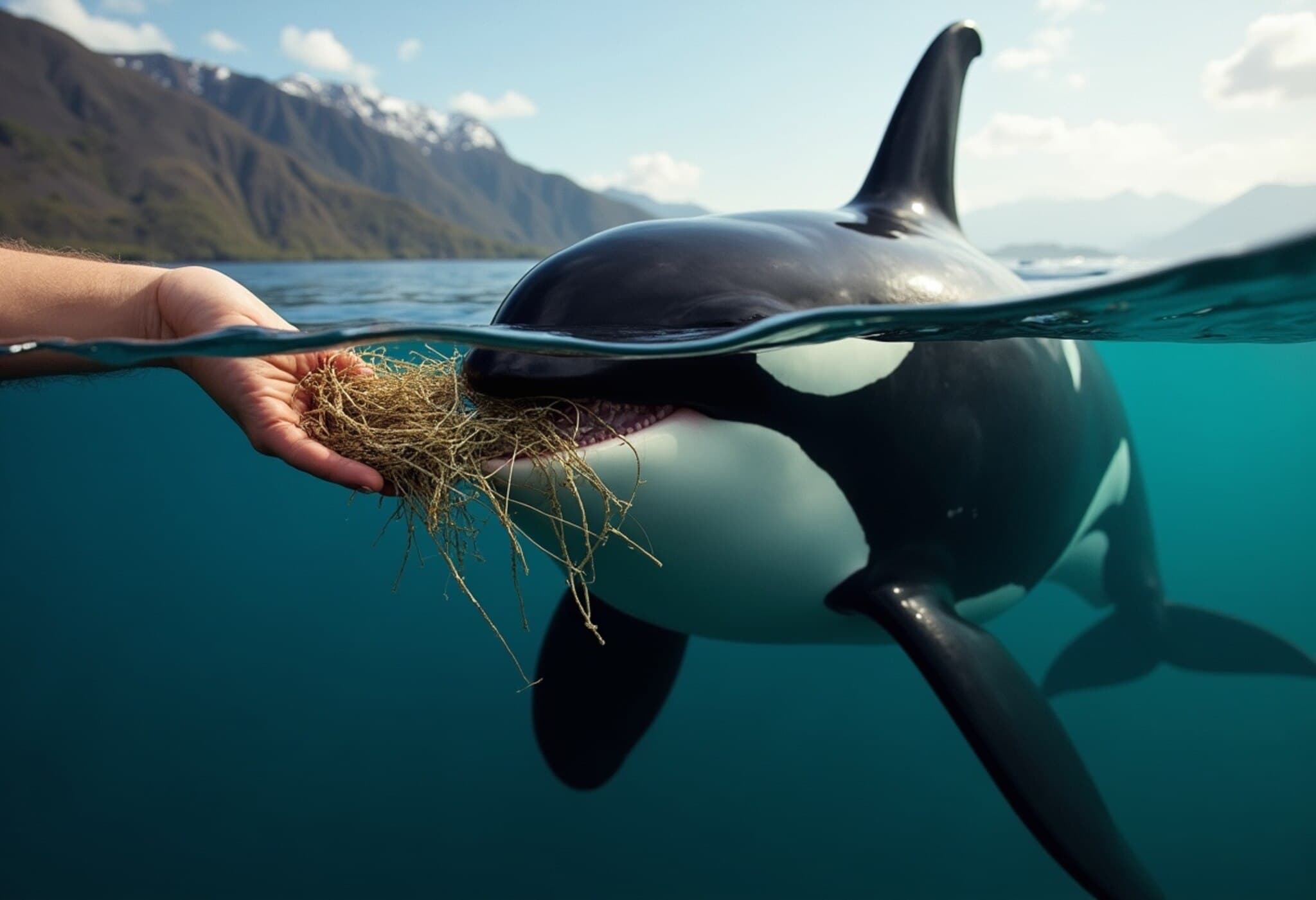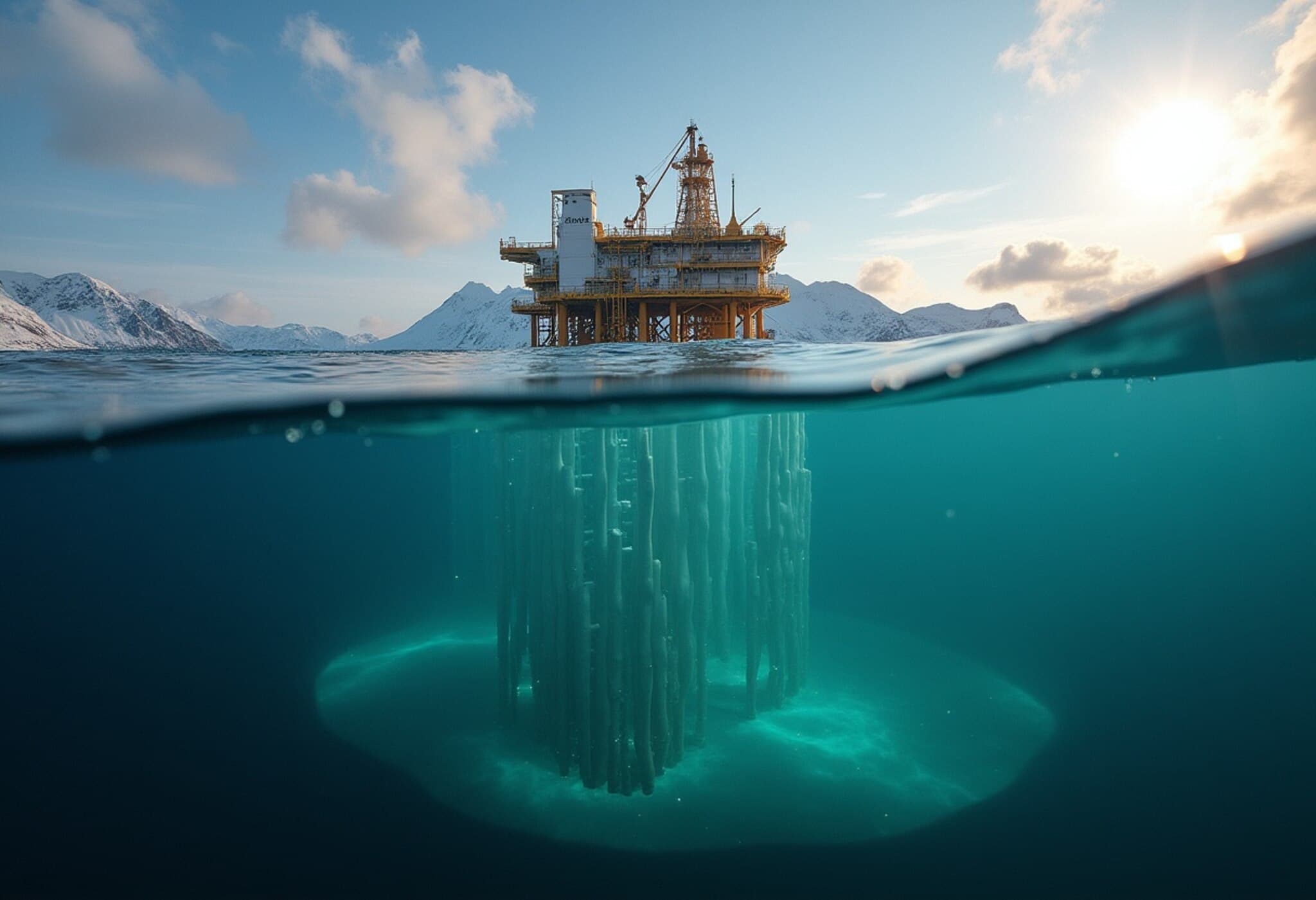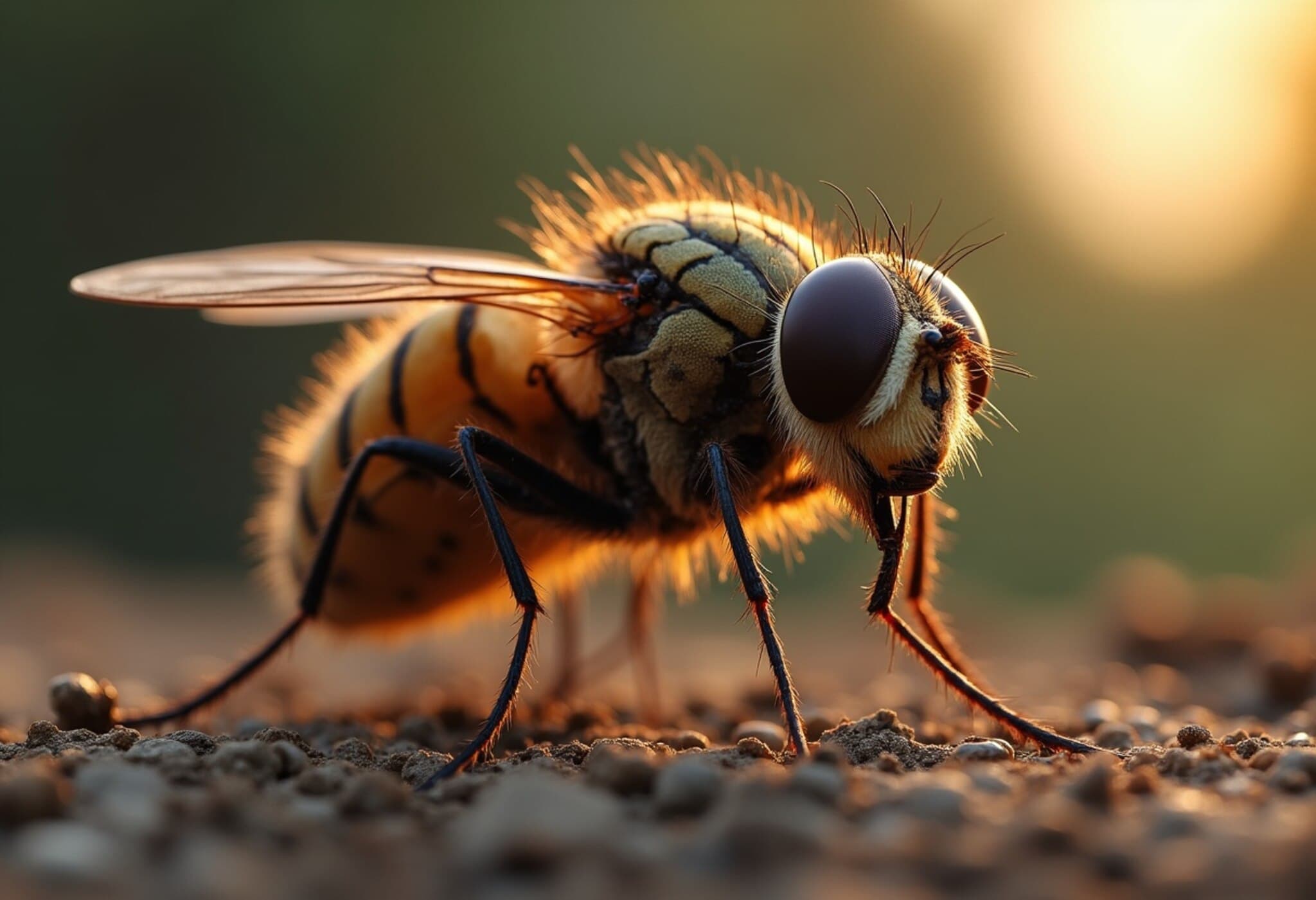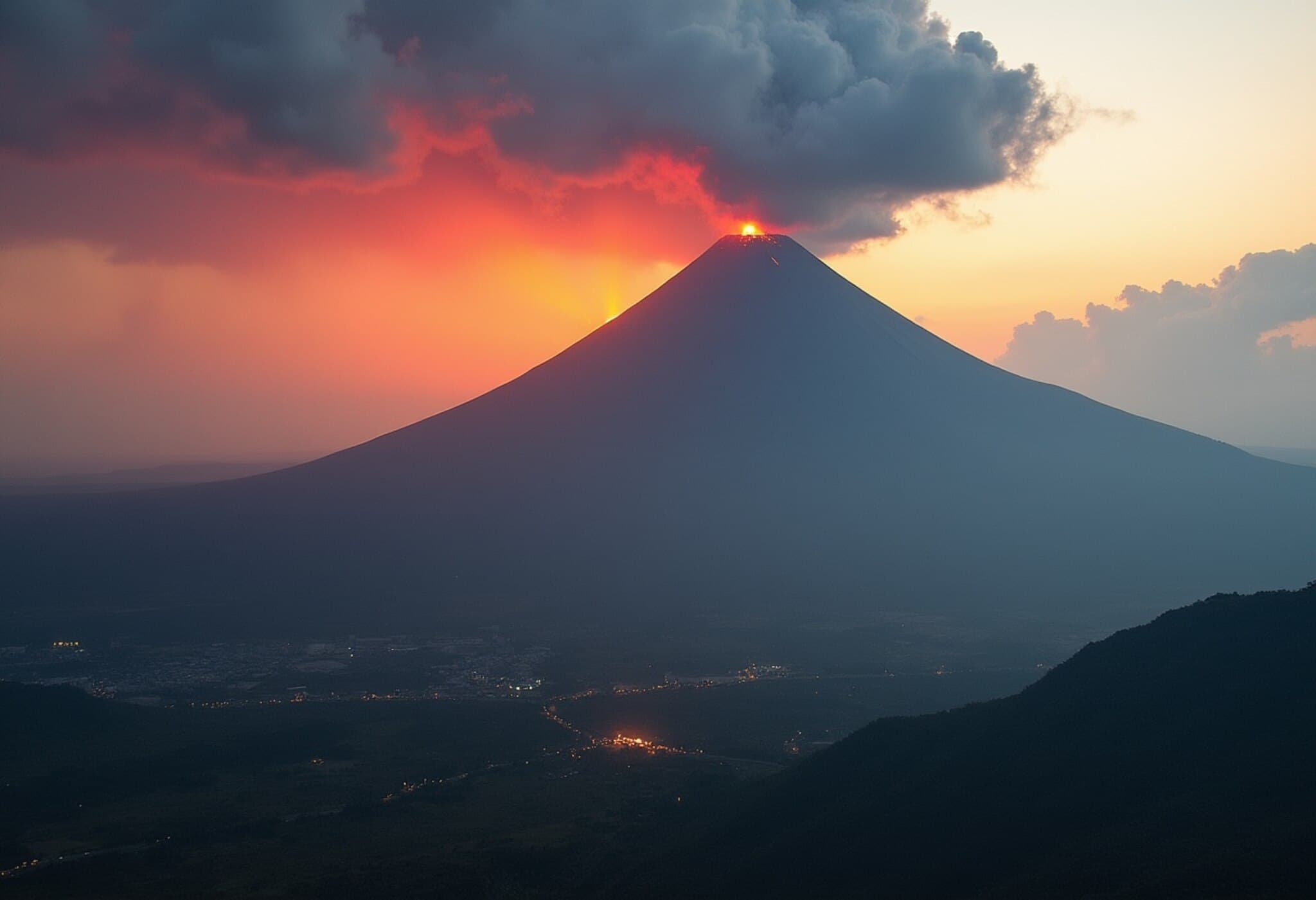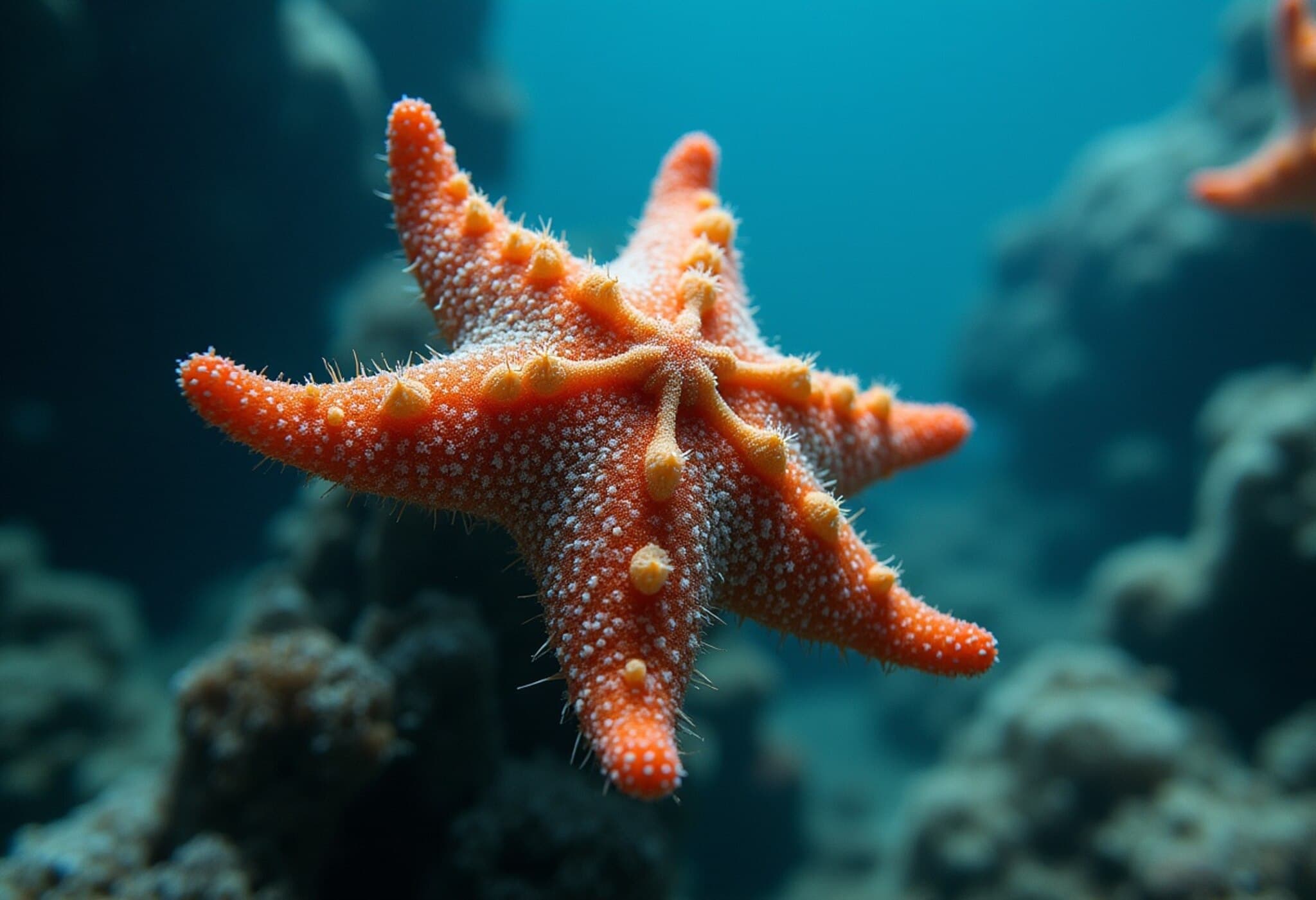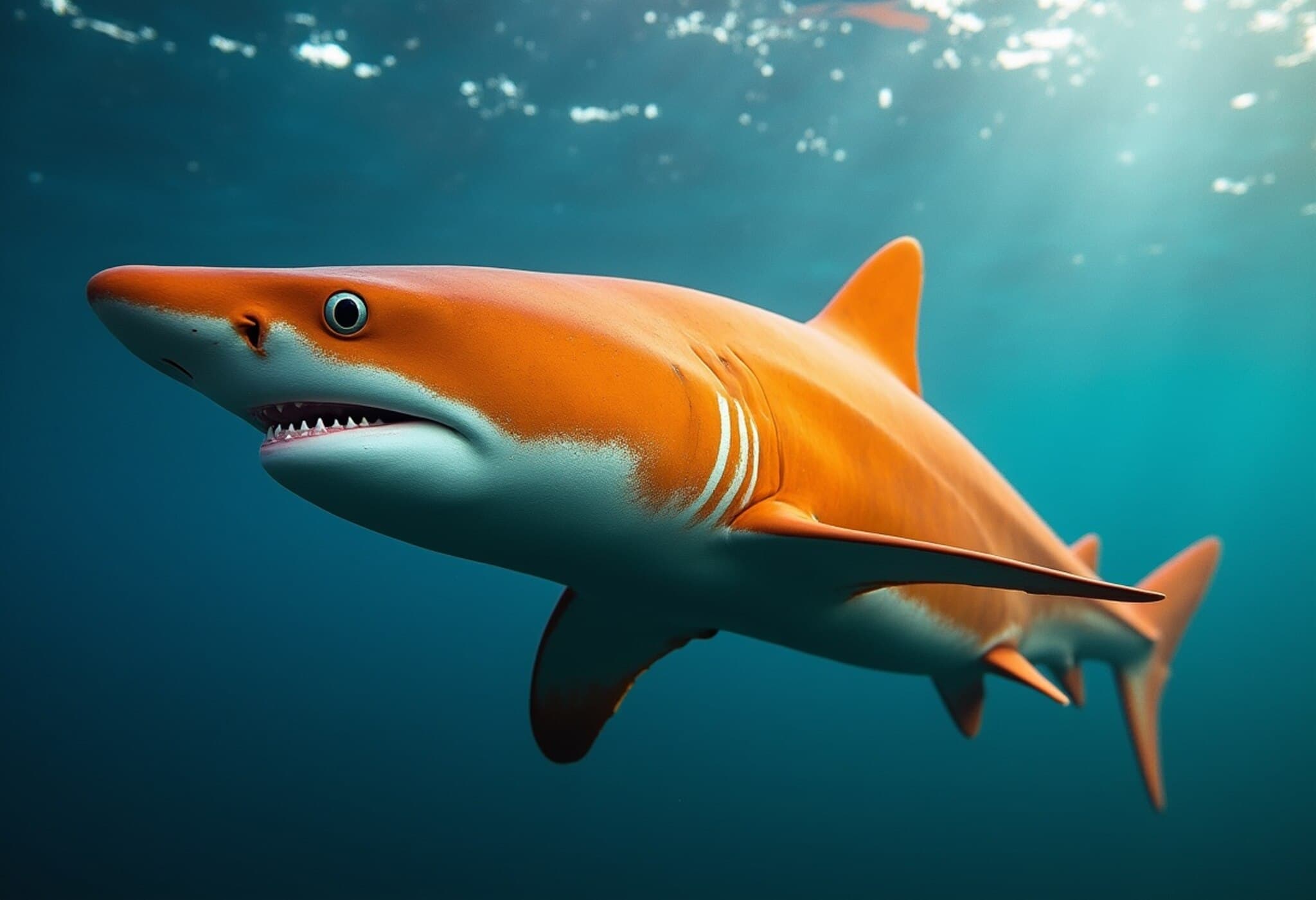Orcas Surprise Scientists with 'Gift' Offerings to Humans
In an extraordinary display of interspecies interaction, orcas—often revered as one of the ocean’s most intelligent creatures—have been observed handing what appear to be “gifts” to humans along coastal waters. This phenomenon has sparked curiosity and debate among marine biologists and animal behaviorists about the intentions behind this rare, enigmatic behavior.
What Are These 'Gifts'?
Reports and video footage show orcas approaching paddlers, divers, and researchers, offering objects such as seaweed, shells, and even small fish. Unlike typical playful orcas encounters, these acts resemble deliberate exchanges, which challenge long-held views on animal communication and social complexity.
Delving Into Orca Intelligence and Social Dynamics
Orcas, also known as killer whales, possess advanced cognitive abilities, including sophisticated communication, problem-solving skills, and strong social bonds within their pods. Experts believe these behaviors could reflect an attempt to foster trust or a social connection with humans, akin to how they share food and objects within their groups.
- Dr. Emily Carter, a marine mammal psychologist, explains: "Such gestures might represent an extension of their social behaviors, suggesting they perceive humans as part of their social environment, at least temporarily."
- Ecologist Jason Lind: "These gift exchanges may help humans better understand orca behavior in the wild beyond predator-prey interactions."
The Mystery Behind the Motivations
Despite fascination, the underlying reasons for these gift exchanges remain uncertain. Scientists consider several possibilities:
- Social bonding: Orcas might be seeking interaction or cooperation with humans.
- Curiosity and play: These intelligent creatures could be exploring interspecies engagement for stimulation.
- Ritualistic behavior: It may be a form of ritual or communication we have yet to decode.
Understanding these behaviors is more than a curiosity—it touches on broader questions about animal empathy, consciousness, and the boundaries between species.
Significance for Conservation and Human Interaction
This emerging behavior invites a reevaluation of how humans engage with wildlife, especially maritime species facing threats from pollution, noise, and habitat loss. Recognizing signs of orca intelligence and social complexity can fuel stronger conservation efforts and promote respectful coexistence.
Furthermore, learning from these exchanges may inform policies that balance safe wildlife interaction with the protection of both orcas and human participants.
Underreported Narratives and Ethical Reflections
While the story of gift-giving orcas is captivating, it also highlights critical, underexplored facets:
- Are these behaviors consistent across different orca populations globally?
- How do these interactions impact the orcas’ natural behaviors and well-being?
- What ethical guidelines should govern human engagement in light of these findings?
Experts urge caution and advocate for further research to ensure such encounters do not disrupt or stress wild orca groups.
Editor's Note
The emergence of orcas offering gifts to humans opens a window into profound interspecies connections that challenge our understanding of animal cognition and relationship dynamics. This phenomenon urges us to rethink human responsibilities toward marine life, emphasizing empathy, research, and thoughtful conservation. As we decode these gestures, we glimpse a chance to bridge worlds—human and orca—with respect and curiosity.

